-
The Trip to Echo Spring: On Writers and Drinking, Olivia Laing
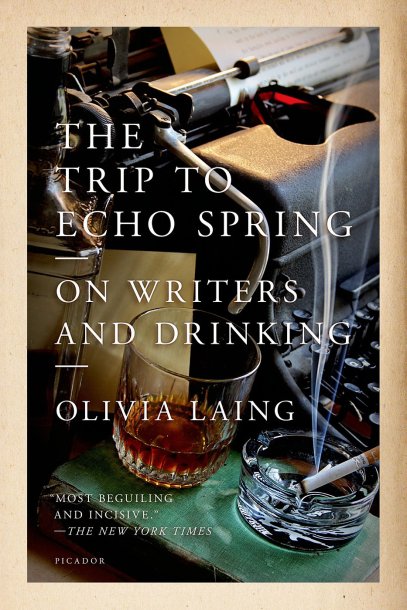
Picador Some of our greatest writers have also been some of our most prodigious drinkers. But what’s the connection between creativity and alcohol abuse? That’s the question Laing set out to answer by traveling to the landmarks that defined the drinking habits of six great writers, from the Key West of Ernest Hemingway to the Washington State of Raymond Carver—the book’s title comes from Tennessee Williams’s Cat on a Hot Tin Roof. Her travels may not definitively answer why writers drink, but they shed a great deal of light on why these writers (all men) did.
-
Sous Chef: 24 Hours on the Line, Michael Gibney
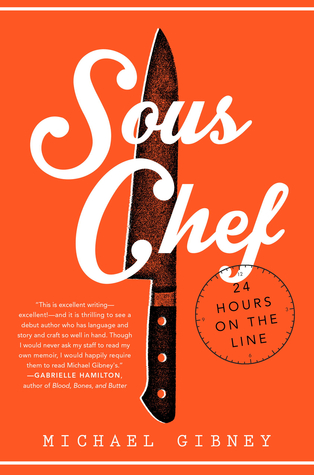
Ballantine Books The restaurant kitchen, with its fast pace and soup of personalities, has given us some of the most memorable nonfiction of recent years. But Gibney’s book shifts the focus from the egotistical, empowered head chefs to the hipper, younger wild ones who serve under them, like Gibney himself. His sharp prose and technical detail carry the reader through an exhausting day and night of work, which thankfully ends in drinks.
-
The Dogs Are Eating Them Now: Our War in Afghanistan, Graeme Smith
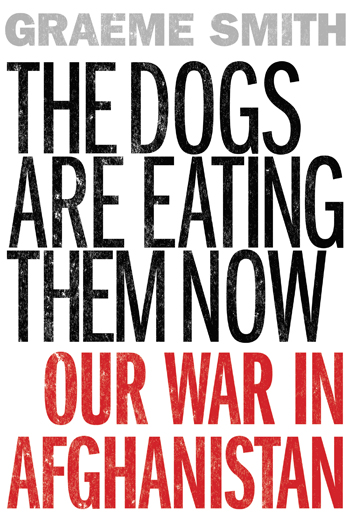
Counterpoint America’s experience in Afghanistan is only part of the story. Smith, a correspondent for Toronto’s Globe and Mail, reported from the frontlines on Canada’s involvement, and documents here his gradual disillusionment with the war’s mismanagement. The author spent years developing sources and knowledge in the region and delivers a story that derives real emotional impact from his passion for Afghanistan, and his sorrow at its fading from Western view into a morass.
The Dogs Are Eating Them Now was published in Canada in 2013 and will be published in the U.S. early next month.
-
Just Mercy: A Story of Justice and Redemption, Bryan Stevenson
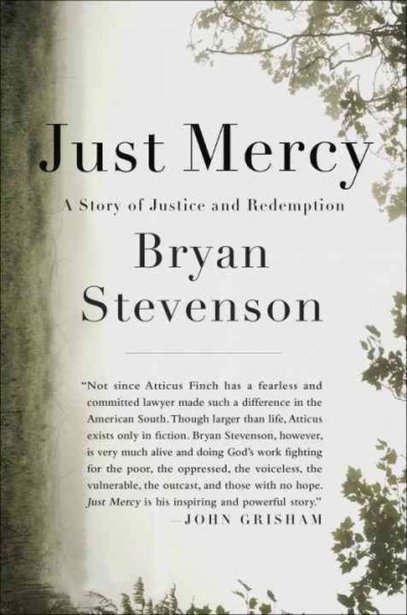
Spiegel & Grau Just Mercy is the tale of a black man, whom Stevenson represented, convicted of murdering a white woman in Monroeville, Alabama—yes, the hometown of Harper Lee. But don’t compare Stevenson to To Kill a Mockingbird’s Atticus Finch: The prisoners’-rights advocate and NYU Law professor rejects sentimentality. Just Mercy presents a new paradigm for thinking about the death penalty, presenting stories from Stevenson’s clients that illustrate the excesses and inherent prejudices of capital punishment.
-
Little Failure: A Memoir, Gary Shteyngart
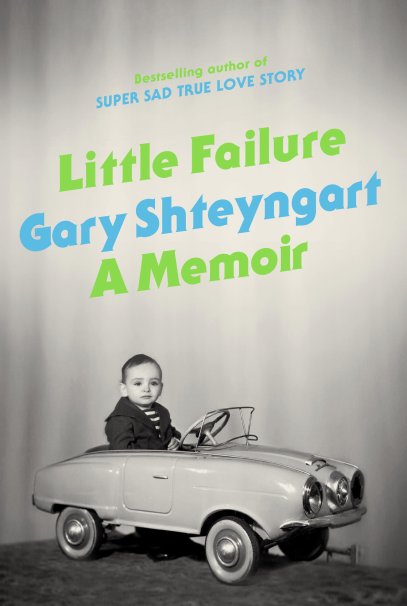
Random House Shteyngart’s three novels, inflected as they are with sad-clown wit and ties to the old country, would seem to draw heavily from the author’s own life. But this memoir still feels essential, as the document of a way of life that’s less and less accessible in our parenting-manual era. Shteyngart was the child of Russian immigrants whose overzealous attention shaped him, for better and worse. Little Failure helps us understand Shteyngart better, but you don’t need to have read any of his novels to appreciate his frankness and insight.
-
The Sixth Extinction: An Unnatural History, Elizabeth Kolbert
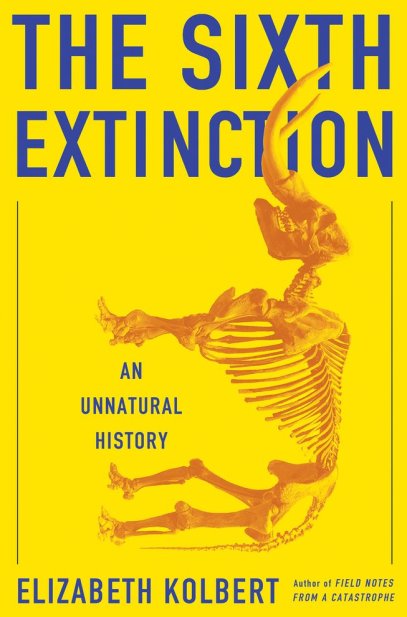
Henry Holt and Co Heads up: This isn’t a feel-good read. Kolbert looks at the history of life on earth and concludes that we’re undergoing the sixth mass die-off, thanks to the changes imposed upon the planet by humans. As Kolbert shows, for much of human history scientists did not believe that there was a force powerful enough to cause a species’ extinction. Today, we know we are that force. So what can we do to fix ourselves?
-
In the Kingdom of Ice: The Grand and Terrible Voyage of the USS Jeannette, Hampton Sides
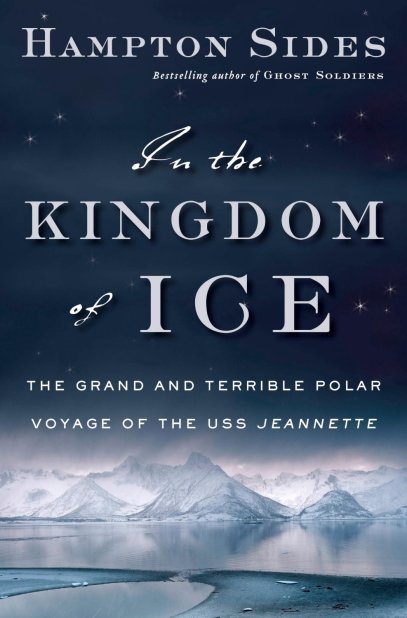
Doubleday The North Pole in the nineteenth century held the appeal of the unknown, a potentially deadly allure for the explorers on the U.S.S. Jeannette. Funded by a newspaper baron, the Jeannette expedition became trapped in ice near the top of the world; its sailors were faced with a lengthy land journey back to civilization from the coldest place imaginable, a long trip that Sides documents with a historian’s attention to period detail.
-
What If? Serious Scientific Answers to Absurd Hypothetical Questions, Randall Munroe
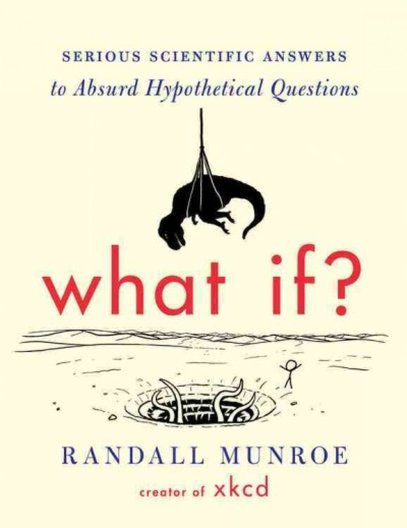
Houghton Mifflin Harcourt The sharp sensibility of former NASA roboticist and cult-beloved webcomic Munroe comes to print with What If, a book that collects the most intriguing science questions Munroe’s readers have sent along. The questions trend toward the apocalyptic—what if, say, a 15-on-the-Richter earthquake struck New York?—but demonstrate the best sort of curiosity about the world around us. (Don’t lie—surely you’ve wondered what would happen if every human on earth jumped at the same time…)
-
Thrown, Kerry Howley
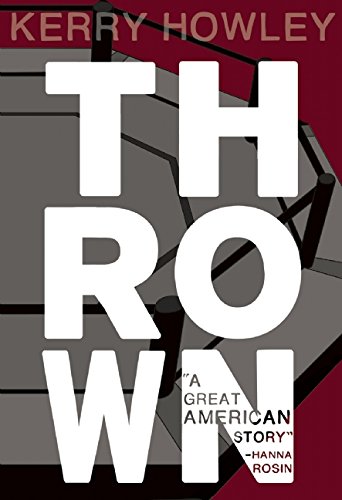
Sarabande Books Mixed martial arts, not football, may be the defining sport of America in the twenty-first century, with its scrappy strivers operating in near-obscurity to claim a piece of a very small pie. Howley’s book traces the author’s own journey from academia to following two cage fighters through physically punishing work, and even if you’ve never watched an MMA fight, you’ll have a rooting interest here in hoping Howley keeps finding subjects worthy of her talent.
-
Soldier Girls: The Battles of Three Women at Home and at War, Helen Thorpe
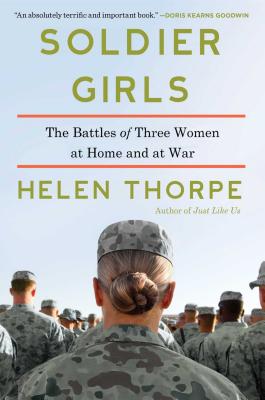
Scribner The mobilization of the U.S. National Guard to Afghanistan and Iraq is one of the most remarkable chapters in the war on terror, and Thorpe’s reporting draws on the experiences of three female soldiers illustrate it. These women living ordinary lives found themselves somewhat suddenly deployed a world away, in a conflict seemingly without end. But their deployment also helped them find community: One former National Guardswoman who runs a salon in her civilian life helps style the hair of her comrades-in-arms.